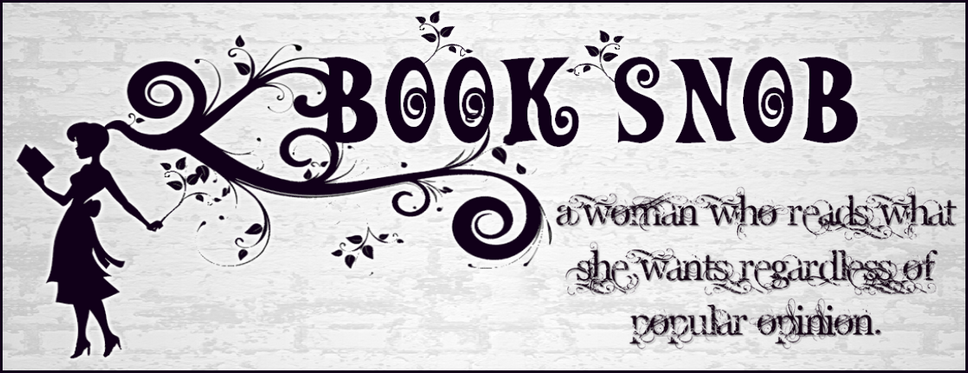This astonishing true story takes place in Warsaw, Poland during World War II. Jan and Antonina Zabinski own a successful zoo and enjoy a supreme love of animals. Unfortunately when the Germans attack Poland in 1939, their zoo is bombed and many of their animals are killed. The Zabinski's are fighters and right away, Jan joins the underground and works to sabatoge the Germans while Antonina stays at home to protect her children and the many "guests" that hide out in animal cages on their way to freedom.
This is not just another ordinary story about the Holocaust. This non-fiction book compliments many other great books that take place during Warsaw in World War II, like Schindler List, The Pianist, and Milkweed. Reading about the same city during the same time period presents a well rounded picture of what really happened from multiple perspectives. As a woman of Polish heritage whose grandfather found in Europe during WWII, I am drawn to books from this time and place.
Many people compare the Holocaust to other episodes of genocide found in History and while each instance of Genocide is important to study and denounce as horrifying, The Holocaust of WWII was different. "The Holocaust was different, far more premeditated, high-tech, and methodical, and, at the same time, more primitive." Biologist: Lecomte de Nouy argues that "Germany's crime is the greatest crime the world has ever known, because it is not on the scale of History: it is on the scale of evolution." page 92. Ackerman does a excellent job of defining how the Germans meant to change the human and animal species permanently.
Many people don't realize that the Germans not only meant to destroy Jews but also the Polish people and their entire nation. "According to the German plan, Poles were to become a people without education, slaves for the German overlords." page 332. Poland lost 22 percent of its population, more than any other European country. "6 million jews were killed, 3 million Catholics died, " but what is even worse, Poland lost its educated classes, youth and any elements which could in the future oppose one or the other of the two totalitarian regimes." Page 331-332.
People who lived during WWII and the Holocaust were secret jugglers. They had to balance secret telling with secret keeping. Here is an excellent quote by Gdansk-born philospher Arthur Schopenhauer. "If I maintain my silence about my secret, it is my prisoner, if I let it slip from my tongue, I am its prisoner." pg. 255
It is important to read books about difficult subjects that make us uncomfortable and to learn about what really happened in History. We must read, write and tell the secrets of the past so that they will continue to haunt us and make us remember what really happened. We must remember and never forget!



No comments:
Post a Comment